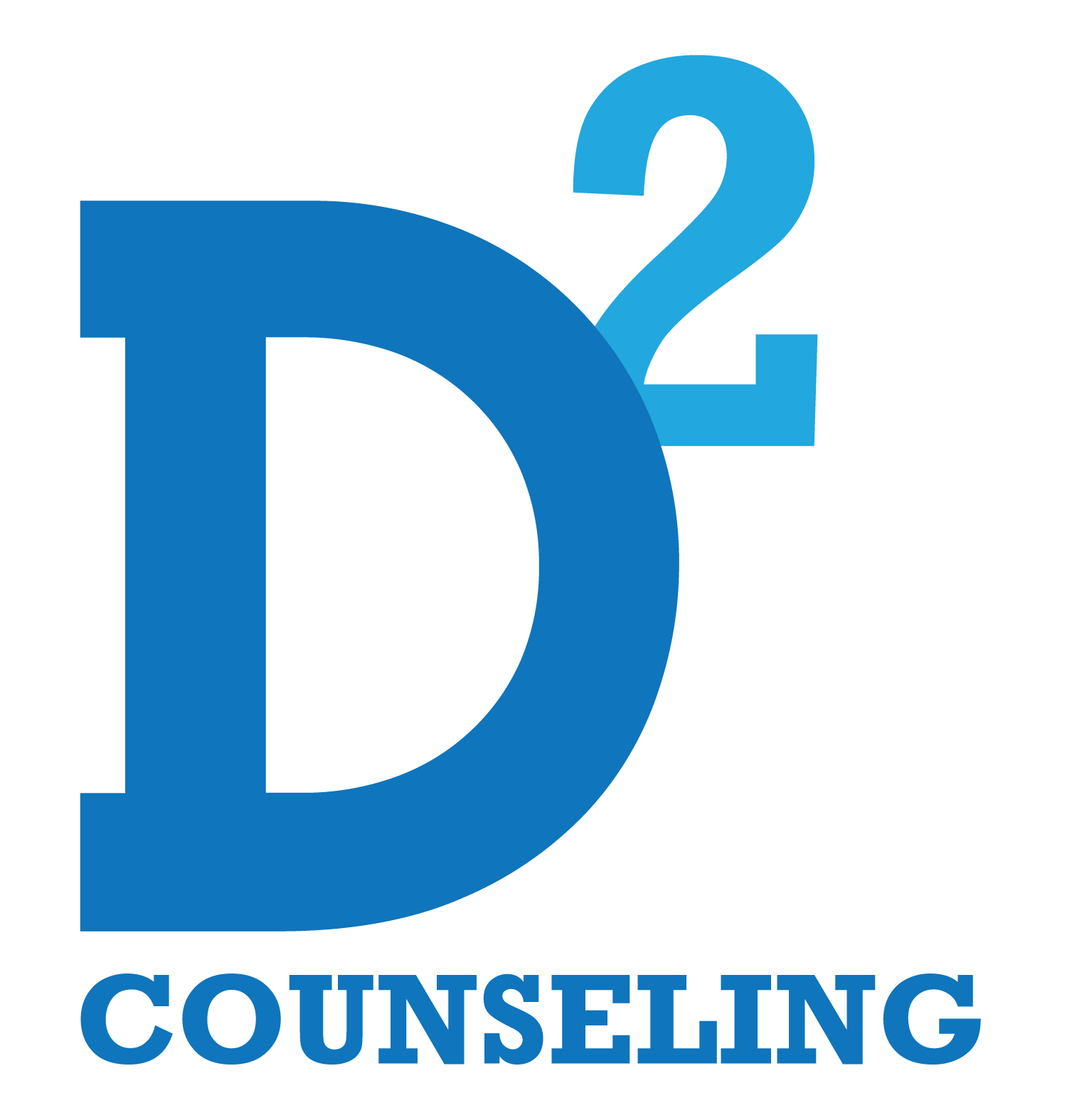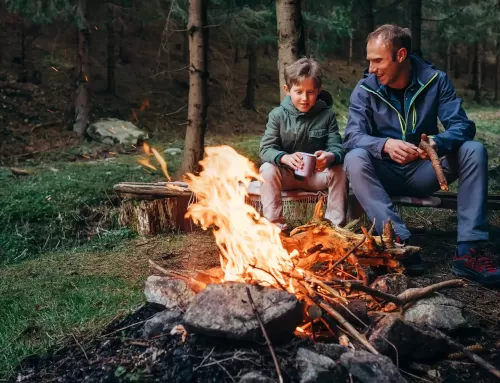With a senior at West, I was not surprised at the stories of excess that were relayed in the Dallas Morning News series The Price of Prosperity. As a parent, I too readily recognize the pressures that my kids face to “keep up” as well as the internal tension I personally have to deal with as I grapple with my own history and the desires I have for my children. As a counselor I have come to see that parental responses to kids over issues like spending and accountability fall along the traditional bell curve. My admission here is that I probably fall onto the more conservative/strict half of the bell than do many parents. With that caveat aside, I would also submit that the point of the series was that the whole curve is skewed with the level of prosperity that is found in parts of Collin County. So the task of modeling and instructing appropriate behavior for our kids does become a challenge.
I asked a parent/client where balance was for them on this issue, and he laughed and said that it was the point they waived at as they shot from one extreme to the other. I can relate. For us, we have found that balance on spending must include participation by the child in setting limits. In addition, the child must have the freedom to choose an alternative within these same boundaries. Credit cards with no limits don’t fly in our house.
We gave my son an old truck of mine when he began to drive. He is expected to pay for gas and insurance. This meant a job, or no truck. What he has discovered recently is that it is a gas guzzling truck. Gas is costing more. More hours of work vs. fewer miles driven. (See how nicely this is starting to work?) He has his own checking and savings account, and is expected to keep up with his debit card. I was surprised however when he relayed that in class the other day, only about half the students had a checking account and that of those, only 2 of the kids balanced their own checkbook. We gave my son a pay as you go cell phone and started him with a few minutes. It is his responsibility to pay for it. His time, his minutes, his money. He gets to see the relationship first hand. I will add that we will occasionally buy him a card for phone minutes and a tank of gas, but we try to hold to the principle that he is ultimately responsible for these items.
We have also begun to encourage savings. Do the math with your child on a Roth IRA that begins at age 16. It becomes easier to get a buy in around the savings plan. (I wish my Dad had done that for me!).
Our daughter gets a (fairly) regular allowance that has some flexibility for more dollars with more chores. When the “I wants” start, we defer quickly to “You’re welcome to use your own money.” A level of thoughtfulness then ensues about how important the want really is. It is this consideration that I believe we are trying to instill.
To ignore teaching these lessons to our kids sets them up for failure unless the money is al- ways going to be unlimited. (Sorry, I can’t speak to that situation…) Consumerism is a big deal these days for them and for us. I believe we owe it to our children to teach them how to match wants and needs with reality and ability to pay. The cost in not doing this is a harsh harsh lesson for the child down the road when there may not be a safety net.




